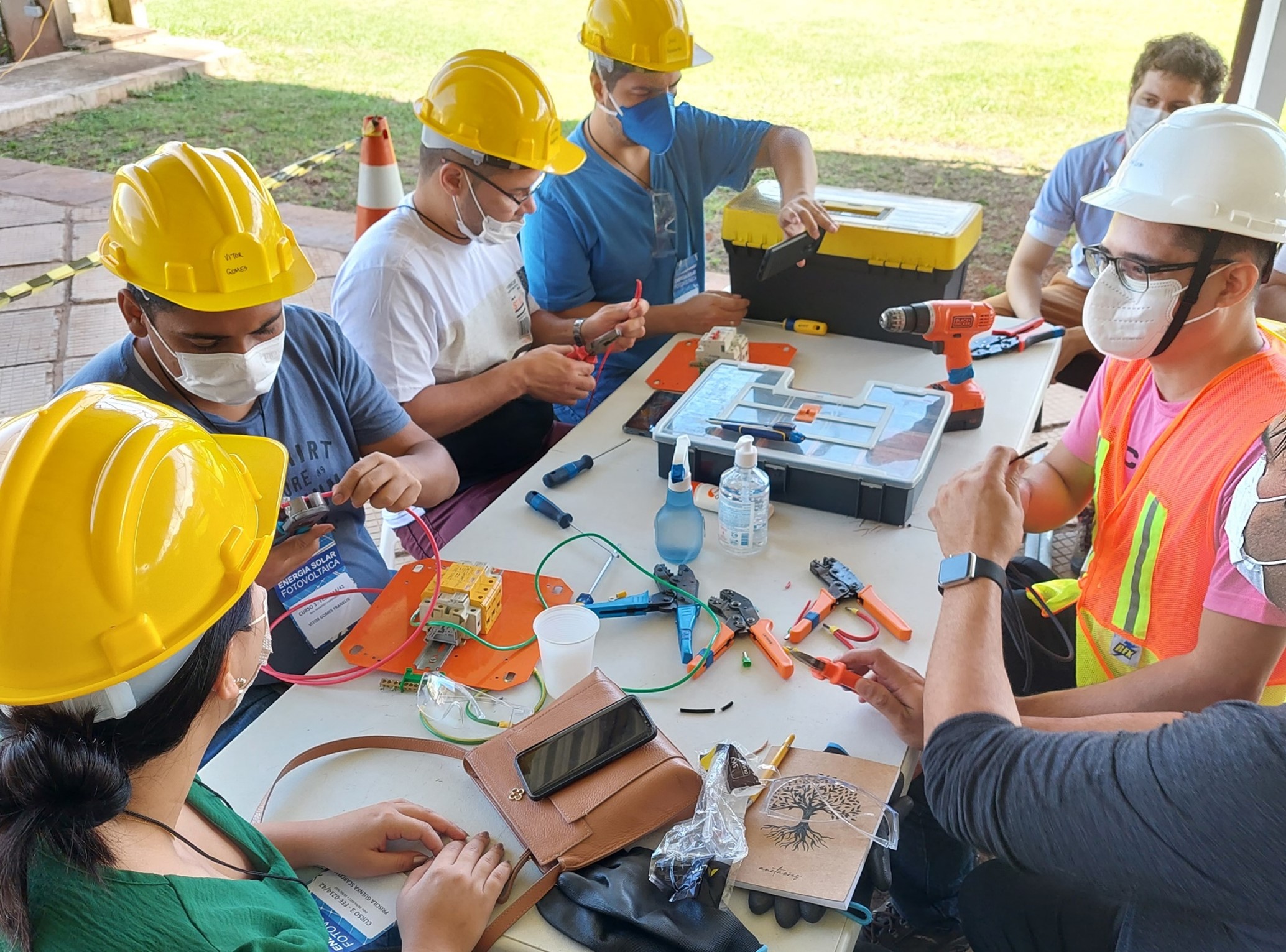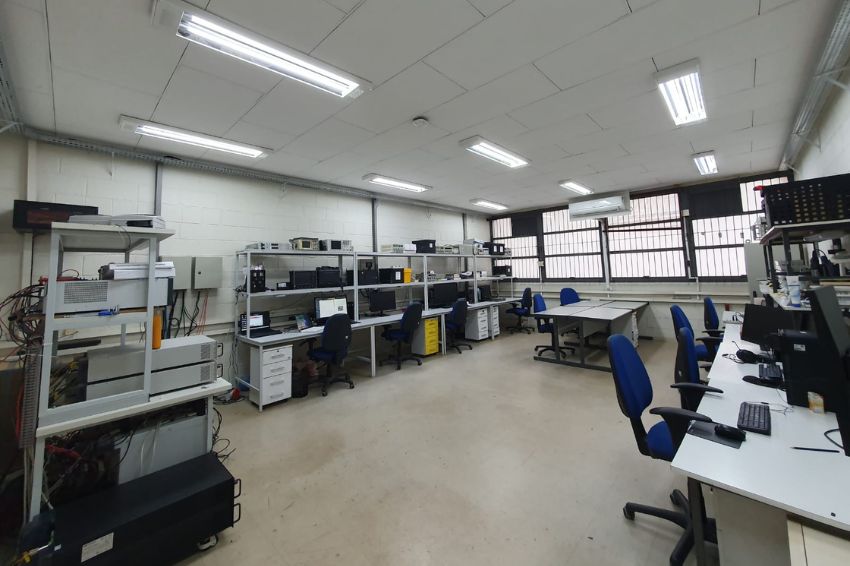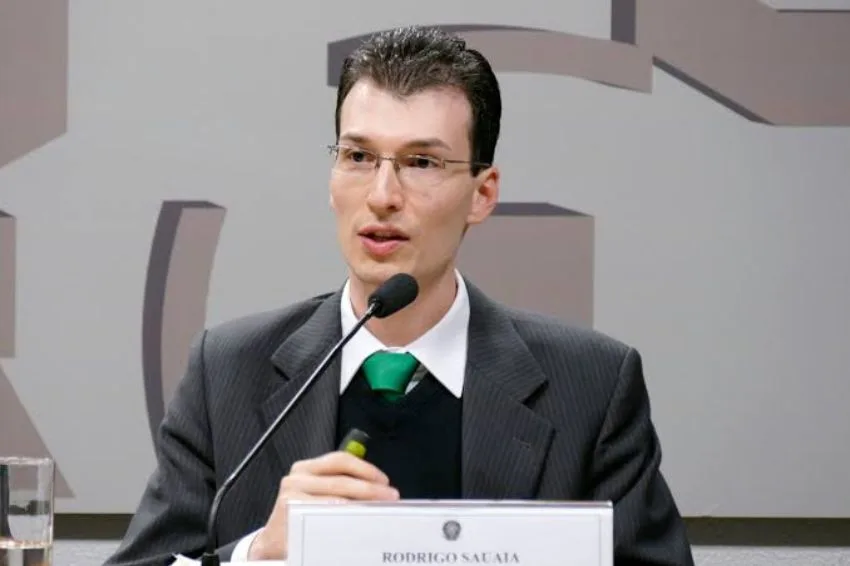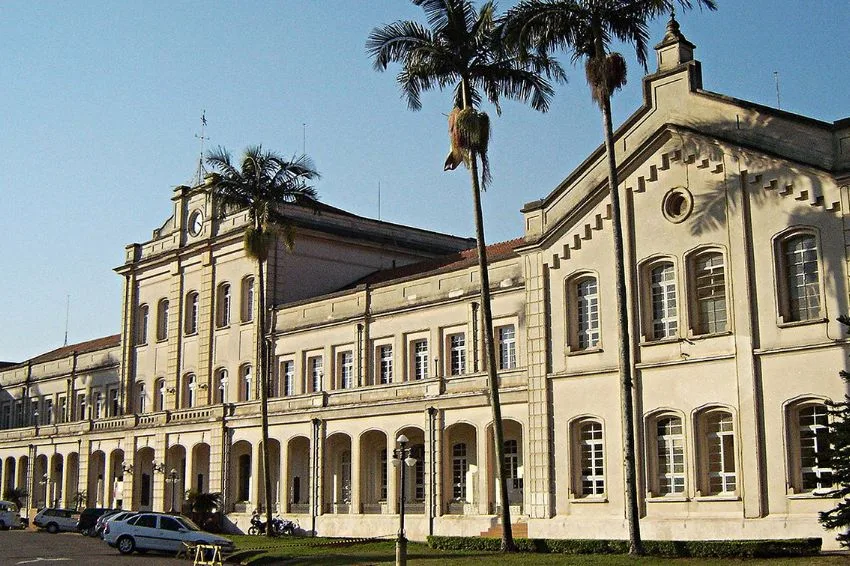The activities of the LESF (Energy and Photovoltaic Systems Laboratory) of Unicamp (State University of Campinas) involve teaching, research and extension, focusing on components and systems for the solar energy.
The space, founded in 2015 and coordinated by Professor Marcelo Gradella Villalva, has public and private investments, coming from development agencies such as CAPES and CNPq, in addition to partnerships with companies such as BYD Energy and Total Energies.
The resources raised by LESF provide scholarship It is opportunities for undergraduate, master's and doctoral students, as well as enabling the fixation of doctors qualified in Brazil, through the Unicamp Postdoctoral Researcher Program.
To the activities of the laboratory are distributed in two main divisions, aimed at certifying equipment for the market.
The first is dedicated to research related to inverters, microinverters and power optimizers, while the second is aimed at degradation and quality studies of photovoltaic cells and modules.
Since 2019, the LESF It is accredited at the INMETRO (National Institute of Metrology, Quality and Technology) for the approval of photovoltaic modules and inverters, meeting the requirements of ordinance 004/2011.
In this same line of action, the space is currently preparing to obtain ISO 17025 certification, aiming for laboratory accreditation in accordance with international quality rules, which will enable it to meet the requirements of the new ordinance 140/2022 from INMETRO.
Partnership with BYD Energy
A LESF photovoltaic module division was entirely financed by a established agreement between Unicamp and BYD Energy, which has already invested around R$ 10 million in partnership through an R&D program (research and development) with resources from PADIS (Support Program for Technological Development of the Semiconductor Industry), from MCTI (Ministry of Science, Technology and Innovation) of the Federal Government.
In this partnership, research is carried out on performance analysis and degradation of photovoltaic cells and modules, reliability of photovoltaic modules and development of new materials for application in semiconductor devices – this last topic is carried out through a partnership with the Unicamp Physics Institute.
A large part of the resources contributed by BYD Energy was destined to the acquisition of equipment for the creation of a research and testing laboratory with photovoltaic modules, the first in Brazil of its kind, which today allows the carrying out experiments which previously could only be carried out in international laboratories.
In addition to research, development and training of professionals, LESF's photovoltaic modules division has made it possible to increase knowledge about the quality and performance of photovoltaic modules sold in Brazil.
The laboratory, in addition to testing for INMETRO, has been working on creating a quality testing program for photovoltaic modules, with the aim of providing more information to the consumer public about the quality and real performance of products sold in the country.
You results of this work are still preliminary and were not made public, but the LESF has already detected the presence of photovoltaic modules with lower performance than promised by manufacturers in circulation in the Brazilian market.
You results of the research agreement with BYD are published in academic articles, presented at international congresses and scientific journals, in addition to being presented in tests and dissertations produced by LESF researchers.
O group has published more than 70 scientific articles in the last five years and, according to the ranking released by the Google Scholar platform, LESF researchers are among the most cited worldwide in the area of photovoltaic systems.
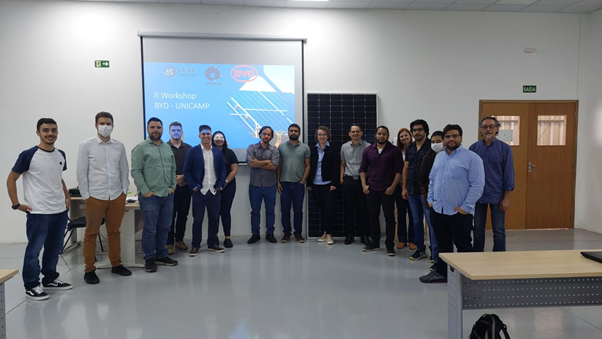
Teaching and research at LESF
In the teaching and research areas, the LESF participates in the Unicamp Postgraduate Program, welcoming master's and doctoral students, as well as Brazilian and foreign post-doctoral researchers, and also offers improvement and professional courses with Extecamp (Unicamp Extension School).
Since 2015, the laboratory has already received more than 15 thousand students (mostly professionals and entrepreneurs in the photovoltaic solar energy sector), from all regions of Brazil.
Most professionals working in the solar energy market has already undergone LESF training, which ranges from the principles of solar energy to the design of solar plants with the support of software, as well as practical training on the installation of photovoltaic solar energy systems.
